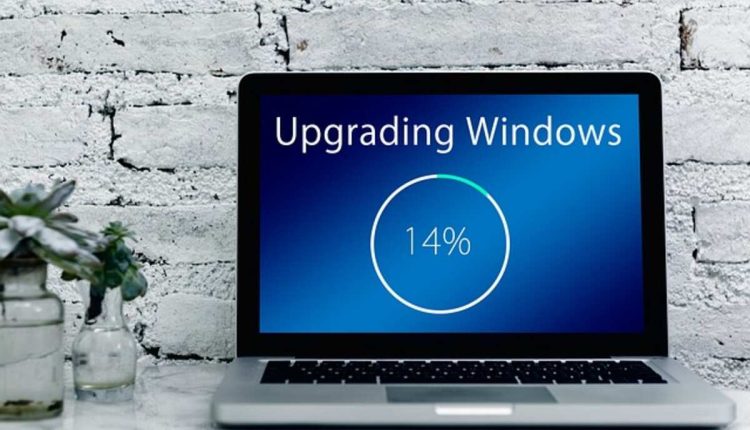Upgrading Your Operating System: What You Need to Know
Care should be taken when upgrading software. You should always back up your app-specific data before installing an update. However, upgrading the OS requires more preparation than backing up the data.
It would be best if you put some effort into planning your migration because an Operating System (OS) governs how your computer interacts with the components attached to it and how it interfaces with networks and the Internet. This applies to any computer system. It would be best to back up your applications before upgrading your operating system, whether switching to Windows 7 from Linux or macOS or vice versa.
No matter the computer’s architecture, system software affects how it perceives and interacts with the outside environment. The following checklist will help make your migration as smooth as possible. You risk losing data or rendering your computer useless under the new OS if you skip any of the procedures on this list.
First, check if your current hardware is compatible with the new operating system.
a. You absolutely must not omit this step.
-i. Check the manufacturer’s website for a list of required components. Notable aspects include:
First, the Need for Memory
Installation Disk Space Requirements
3D Object Compatibility
4. A display for the video (a monitor or LCD)
5. Original Manufacturer
Storage media (CD/DVD/HDD/network)
Devices and Gear That Work With It
a. Unsupported hardware and software may or may not function and will likely need to be replaced.
Affected devices include printers, scanners, and multifunction devices that print, scan, and fax.
The DVD and hard drive in your computer
First, if the DVD you’re using for the installation isn’t compatible, things could quickly deteriorate.
2. Decide what kind of installation you want to carry out:
The hard drive is formatted with a clean install before the software is installed.
-i. This is the recommended method since it scans for and eliminates viruses and malware at the time of installation, ensuring the integrity of the hard disk.
b. Upgrade while preserving the Old System files.
-i. Some people do this to switch between their old and new operating systems with the click of a button.
-ii. Data could be destroyed if the installation goes wrong, so it’s best left to experienced users alone.
b. Deleting the previous operating system while retaining all other data.
-i. This isn’t always viable because newer operating systems often require reinstalling software before it can be used.
Make a backup plan and stick to it to protect your data. Before you upgrade, make a copy of the files on a CD, DVD, or hard drive. If you execute a “Clean Install,” which reformats the hard disk before installation and haven’t backed up your files, you risk losing them. Some of us (this is true of both Mac and Windows users) keep many files on the desktop in addition to the Documents folder, and the location of application data varies.
a. Do some digging to find your data, and MAKE SURE you have backed up everything that matters.
Using a backup program, the best option is to create an image backup of the entire hard drive. Numerous free alternatives exist for each OS; you only need to download the one compatible with your existing setup. Verify the software’s compatibility with your new operating system before installing it.
4. Make sure the information you back up can be restored. You can verify the data by opening a few files or using the backup utility’s verification features. It may sound excessive, but being able to retrieve your data after the conversion will make you very happy.
5. If you are installing from a CD or DVD, make a copy of the discs first and store the originals somewhere secure. This may seem unnecessary, but take it from someone who had to repurchase Microsoft Office when their previous copy was damaged in a drive. Don’t expect the developer to replace a damaged original if you’ve made a backup; you only have to create a new copy and install it. You won’t regret using the composition of the installation CD you made for future installs and re-installs.
I pray that you can use this data to switch operating systems successfully. If the installation fails after you’ve taken the following precautions, you can try again. If the upgrade fails, you may revert to the previous operating system and restore your data.
Brady Crabb works in several computer-related fields; he teaches, fixes, blogs, and sells items on eBay. His websites are at [http://crabbymac.com] and [http://crabbymac.info/kindle-books], and his YouTube videos are under the name TheCrabbyMac.
Read also: How Can You Avoid Having Problems With Unknown USB…


